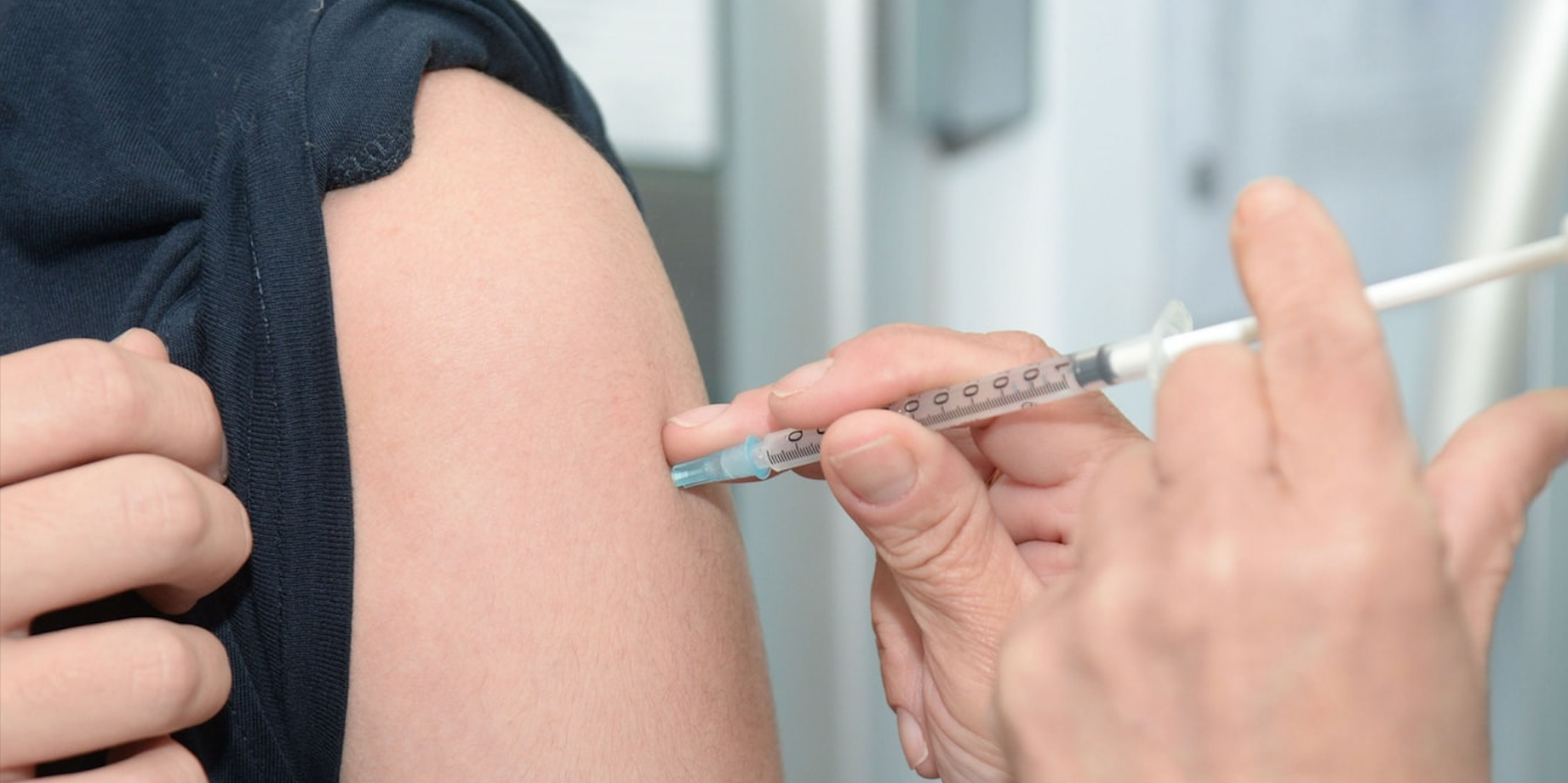A vaccination bill that proved to be one of last year’s most controversial pieces of legislation in Colorado is set to be reintroduced this week.
The bipartisan bill, which failed to advance during the final days of the 2019 legislative session partially due to opposition from Colorado’s Democratic Governor Jared Polis, cracks down on nonmedical vaccine exemptions in an attempt to raise the state’s low vaccination rate.
This year’s version, however, has won Polis’ support, and has a real shot at passing.
Current Colorado law requires proof of immunizations for school enrollment, but parents are able to easily opt-out for medical and religious reasons and personal beliefs by simply submitting a form to their school. The bipartisan Senate bill would make it more difficult for parents to opt-out by requiring them to either complete an online course designed by the Colorado Department of Public Health and Environment or obtain a signed form from a medical professional that provides immunizations.
Lawmakers say this is designed to spark conversation between parents and health care providers.
Current immunization requirements in Colorado are some of the laxest in the country. Lawmakers and health experts say this legislation is a crucial step in raising the state’s lower-than-average vaccination rates.
Only 87 percent of the state’s kindergarteners received the measles, mumps, and rubella (MMR) vaccine during the last school year, one of the lowest rates in the nation. Herd immunity, which protects those who can’t receive immunizations for medical reasons, requires vaccination rates of around 95 percent.
“Today, more than half a million of our students attend a school where the vaccination rate is far below that percentage,” said state Sen. Kevin Priola (R-Henderson) at a press briefing Monday.
Some schools had much lower vaccination rates, making them vulnerable to a vaccine-preventable disease outbreak. Amid the high number of measles cases across the U.S. last year, health experts warned that communities in Colorado with the lowest vaccination rates are at particularly high risk for an outbreak.
“Where we’re at right now in Colorado, it’s a dangerous place to be,” said state Sen. Kyle Mullica (D-Northglenn).
“The thought of one of my children or any children in the state of Colorado being harmed or even possibly dying from a vaccine-preventable disease breaks my heart and makes me lose sleep at night,” Mullica said.
“It’s also important to think about the cost of our low vaccination rates,” Priola added. “In 2017, there were over $55 million in hospital and emergency department charges to treat children in Colorado for vaccine-preventable diseases.”
Meanwhile, some Republicans in Colorado’s General Assembly are pushing legislation that nods to vaccine-skepticism.
A bill sponsored by state Rep. Lori Saine (R-Firestone) and state Sen. Vicki Marble (R-Fort Collins) would prohibit employers — including at health care facilities — from requiring that employees be vaccinated.
Another bill from state Rep. Dave Williams (R-Colo. Springs) would require health care providers to provide information “that identifies the risks and benefits” of vaccines to patients and states that health care providers cannot “harass, coerce, scold, or threaten” those who delay or deny vaccines for themselves or their children.




